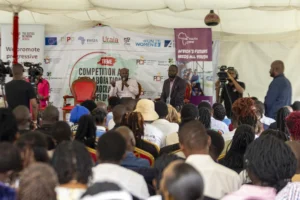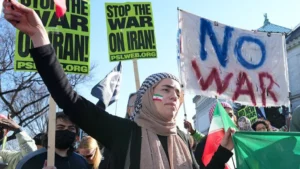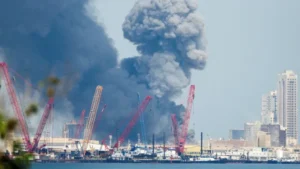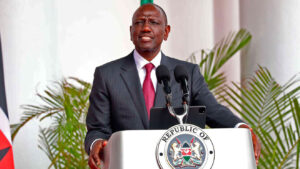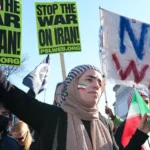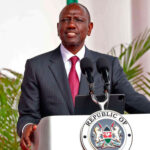The peace agreement signed in 2020 between South Sudan’s government and opposition forces is intended to transfer power and wealth away from Khartoum and promote development across the country. But two and a half years later, progress has been slow due to disagreements between various groups.
The upcoming conference in South Sudan is expected to pave the way for more effective implementation of the peace deal.
“The government is trying its best to implement the peace agreement but it’s now two and a half years without much progress. Because there are many groups in the country who can’t agree on any issue and that’s making implementation of the agreement extremely difficult,” one official said.
To understand the complexities of the situation, it’s important to look at the similarities between South Sudan and Sudan. The two countries share one of the longest borders in Africa, and instability in Sudan has adversely affected South Sudan’s national security.
In August 2019, the transitional military council, which took over power after Bashir’s downfall, and the civilian forces for freedom and change representing the protestors, signed a power-sharing agreement. However, the military later ousted the civilian government.
Read Also: South Sudan Sends 750 Military Troops to DR Congo
The international community, which had previously committed to supporting Sudan, now insists on the establishment of a civilian government before offering aid. The humanitarian aspects of the peace deal, such as the return of internally displaced persons and refugees, require a significant amount of financial support.
For now, the government says the military is in talks with political parties in Sudan for a possible return to civilian rule.
In South Sudan, the peace agreement has been hampered by disagreements between various groups. Some argue that the peace agreement should be revised to reflect the aspirations of other regions. The Juba administration, on the other hand, is concerned about the slow progress of the peace process.
The upcoming conference in South Sudan is expected to address these issues and come up with a way forward.
The stakes are high. Without a functioning government, South Sudan’s development will be stifled, and its people will continue to suffer. The peace deal is the key to unlocking the country’s potential, but it requires the support and cooperation of all stakeholders.
According to reliable sources, the peace agreement has the potential to transform South Sudan’s economy and promote peace and stability in the region. But it needs to be implemented effectively.
The conference in South Sudan is an opportunity to address the challenges and find solutions. Let’s hope that all stakeholders will put aside their differences and work towards a brighter future for South Sudan.



